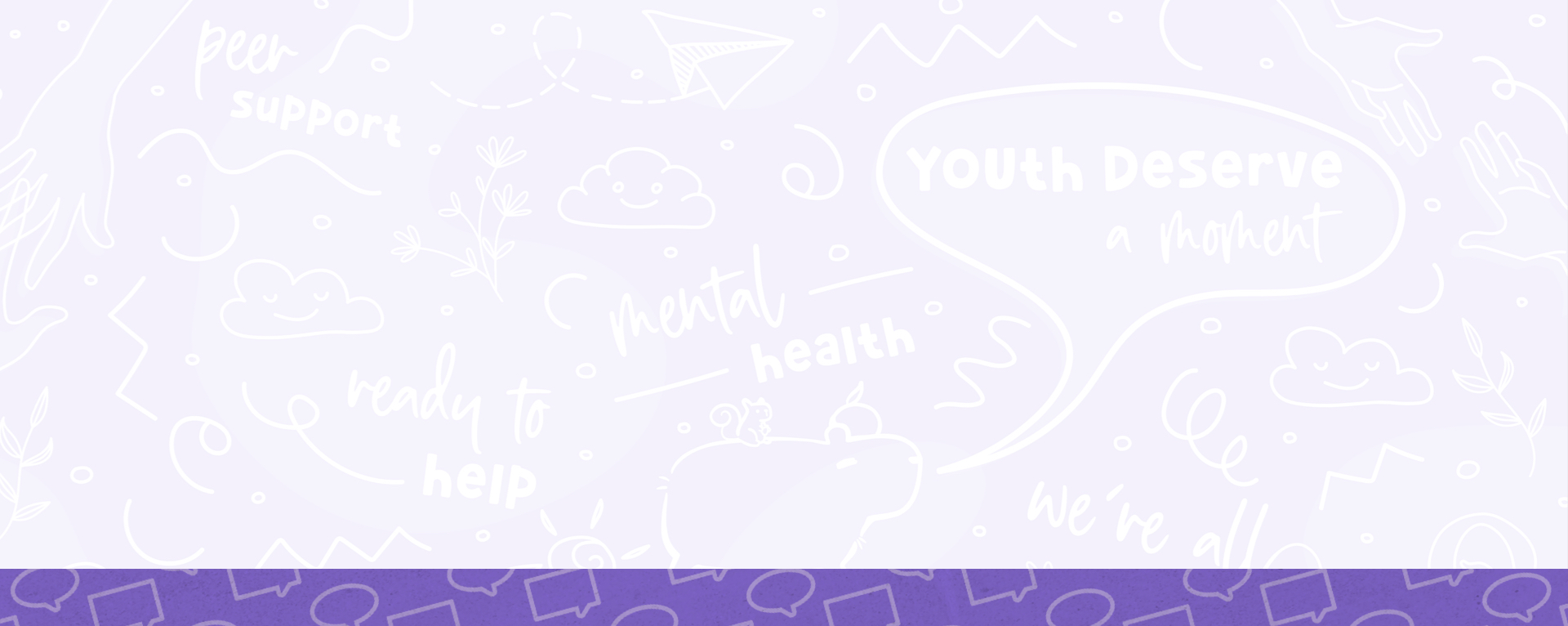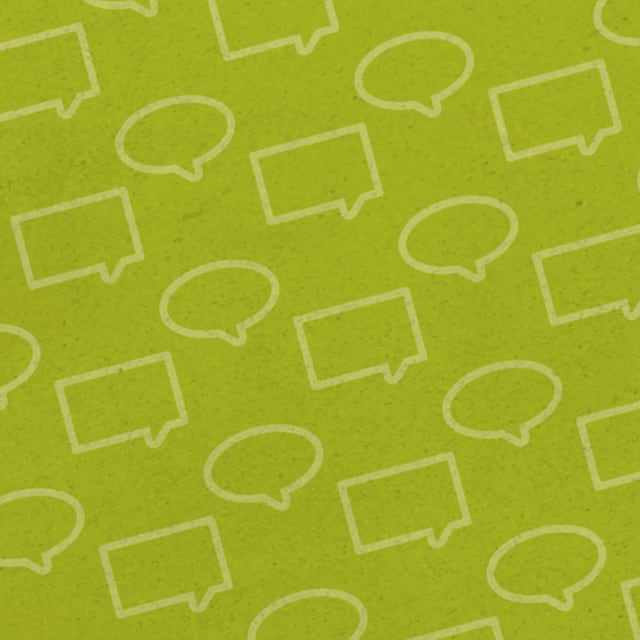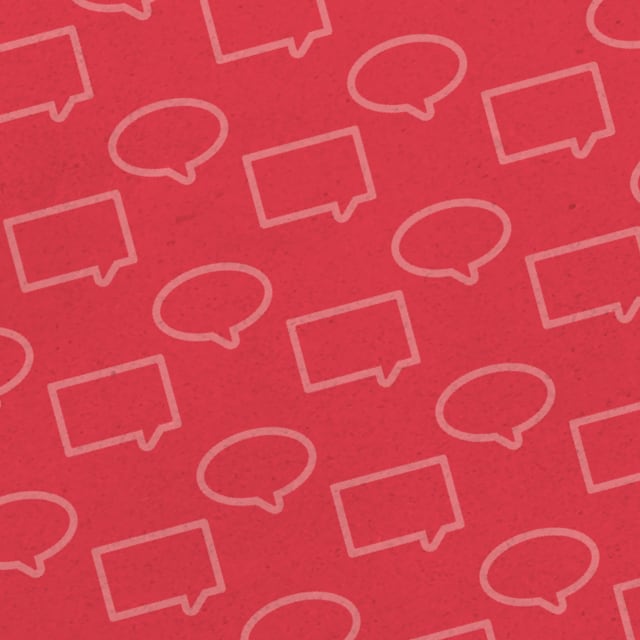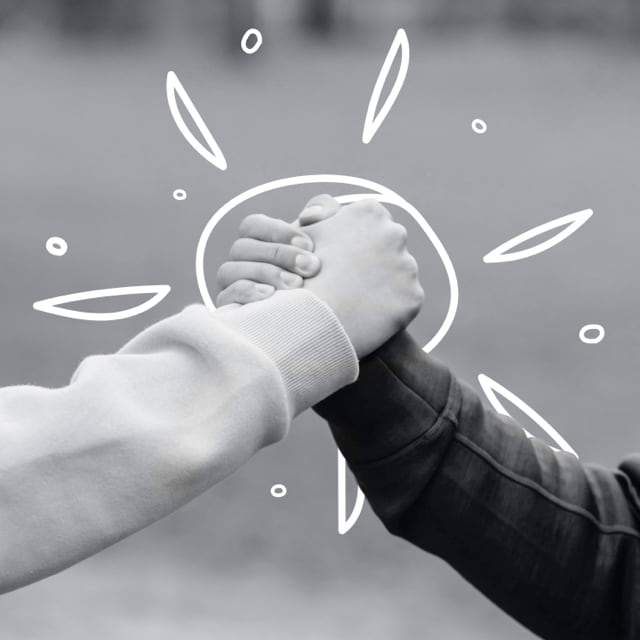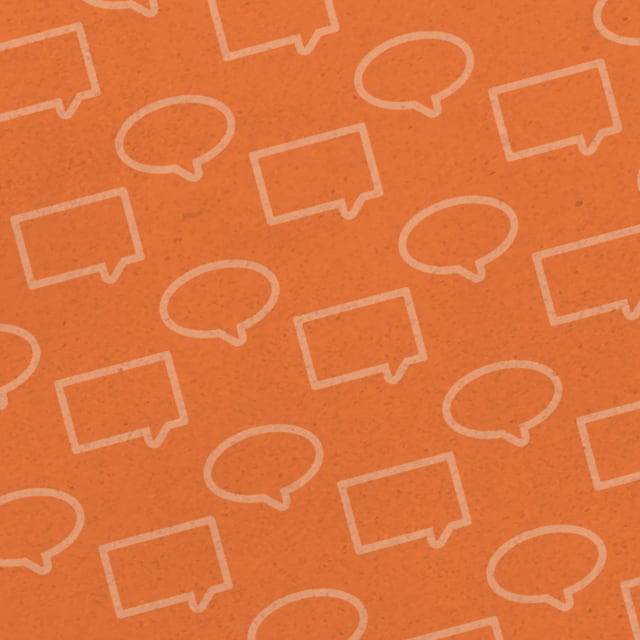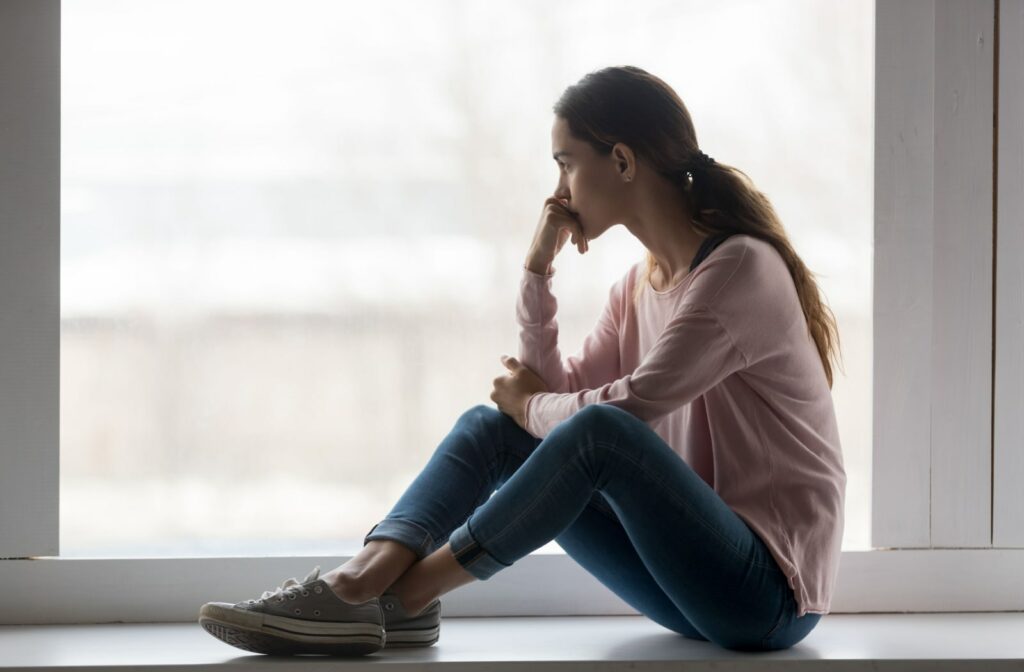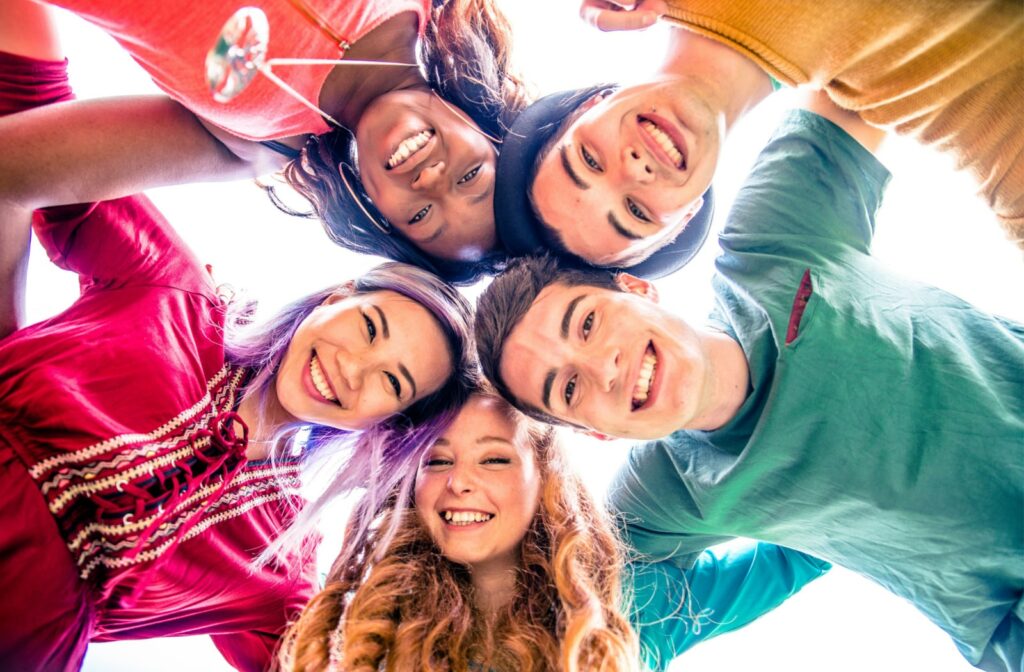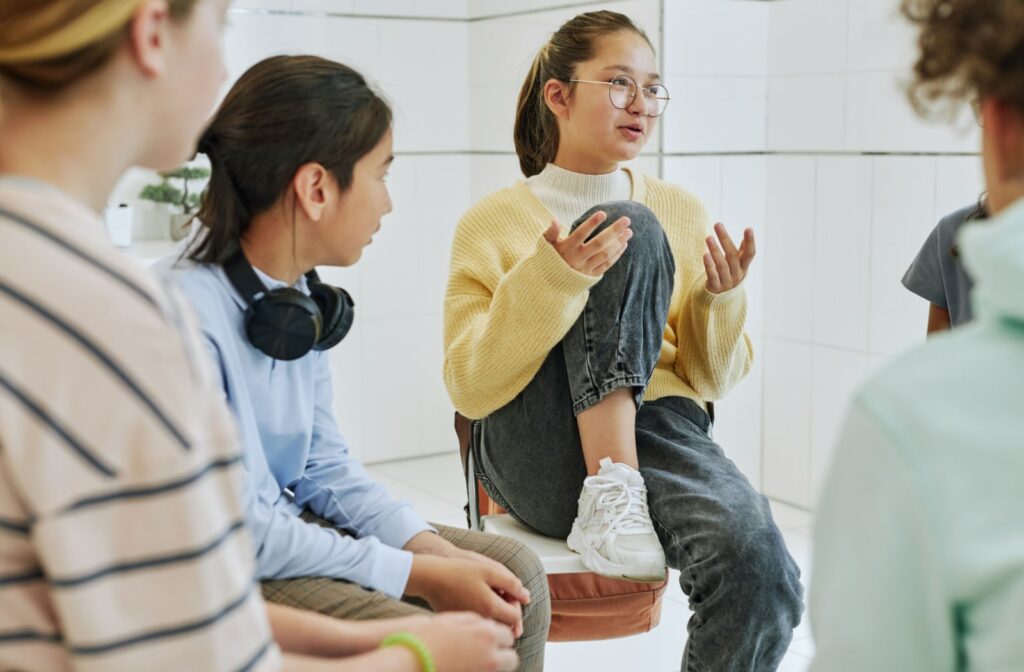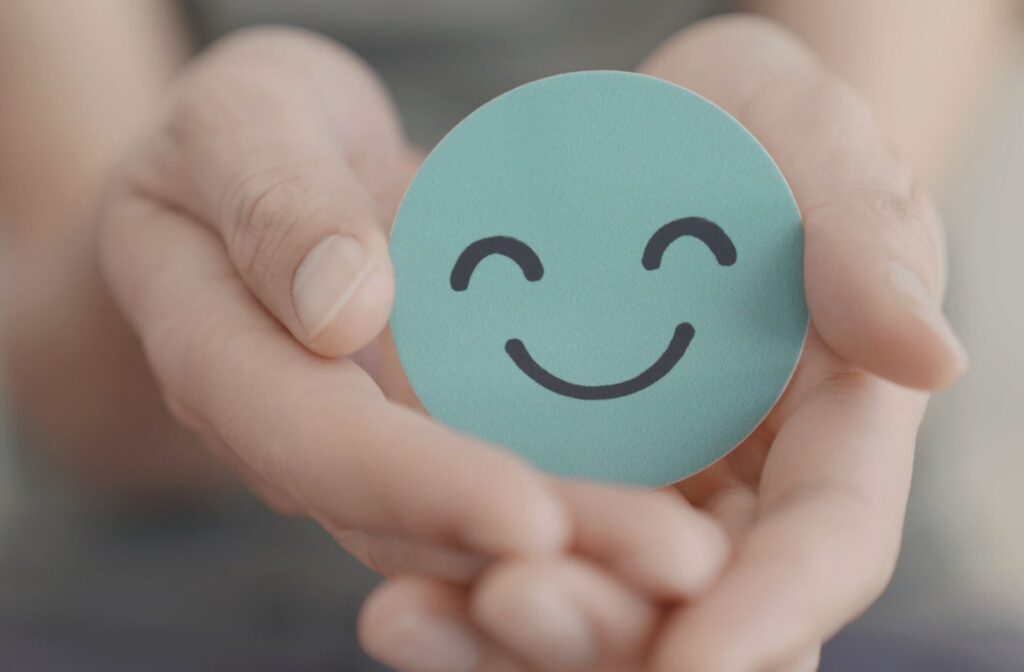Author: August Clarke
One of the things that was most noticeable to me following the start of lockdown in the spring was the rise in activism on social media. #BlackoutTuesday was just the beginning of a long line of social media activism campaigns that seem to consume Instagram every day. I think that it’s a really good thing that people are using their social media to spread awareness and educate themselves as well as others.
However, navigating activism on social media can be tricky sometimes because there are a lot of conflicting sources and perspectives. It’s important to be mindful of the kind of information you are consuming on social media.
To get it into, let’s talk about performative activism. What is it?
Usually, the way I see performative activism manifest (at least on social media platforms) is when people share posts about raising awareness about an issue without actually addressing that issue in real-life applications. Typically, this happens when someone wants to feel as though they are “part of the movement” or provide an appearance of being “woke” and progressive to their followers.
There’s nothing wrong with sharing informational posts about social issues on your page! The problem with performative activism is that it creates pressure on people to participate in movements they may know little about or spread information without fact checking. Often, people (especially teenagers) may worry about how their followers will view them if they don’t share anything about certain issues, regardless of whatever actions they may be taking to support the movement offline. Personally, I think this is problematic.
Often, people (especially teenagers) may worry about how their followers will view them if they don’t share anything about certain issues, regardless of whatever actions they may be taking to support the movement offline.”
Not only does this encourage people to share posts from sources they haven’t looked into, or about issues they have not personally researched themselves, but it also creates an unhealthy herd mentality. I know a lot of people who use other people’s social media’s as a gauge for their character. If someone doesn’t post about the #BLM movement, for instance, they assume that means they don’t care about it.
I think it’s great to spread awareness about issues that you care about, but it’s also important to practice kindness and empathy towards people who choose not to post about social issues on their social media.
You don’t know what is happening in someone else’s life and why they are choosing not to participate in social media activism.
For example, someone might be dealing with mental health issues that make engaging in serious and often upsetting topics very emotionally draining. If that sounds like you, it doesn’t make you a bad person, and it doesn’t mean you don’t care. I think it’s important to acknowledge that however you choose to engage in activism on your social media—whether that means posting about social issues or not—there’s no one right way to go about it.
It is important to be mindful of the kinds of things you post on your Instagram. If you do choose to engage in social media activism about an issue you care about, that’s great! As a general rule of thumb, it’s always a good idea to do a quick background check on the account or organization you are sharing. It’s also good to do a little bit of fact checking about any informational posts you may be sharing. There are lots of accounts out there who post fake information as a way of fearmongering and creating a reaction among people.
Just today I saw a post about how Victoria Secret inserts tracking chips into their tags (not true, by the way). Lots of people were panicking about this in the comments, but with a quick background search it was easy to find out that this is not, in fact, the case.
Another thing to be mindful of is what some people have dubbed “trauma porn.” This refers to uncensored and often graphic or violent videos that people post on their social media with the intention of stirring an emotional reaction in regards to a movement. I believe that most people posting these things are doing so with good intentions, but that these kinds of uncensored videos can be extremely triggering and upsetting to some of your followers! It’s always a good idea to keep that in mind before sharing.
Knowing the “right” way to navigate social media activism can be tricky.
It’s certainly not a black and white issue. Regardless of how you do, it’s important to always make choices that feel right for you and try not to feel pressured into engaging in it in the way that other people feel you should.

